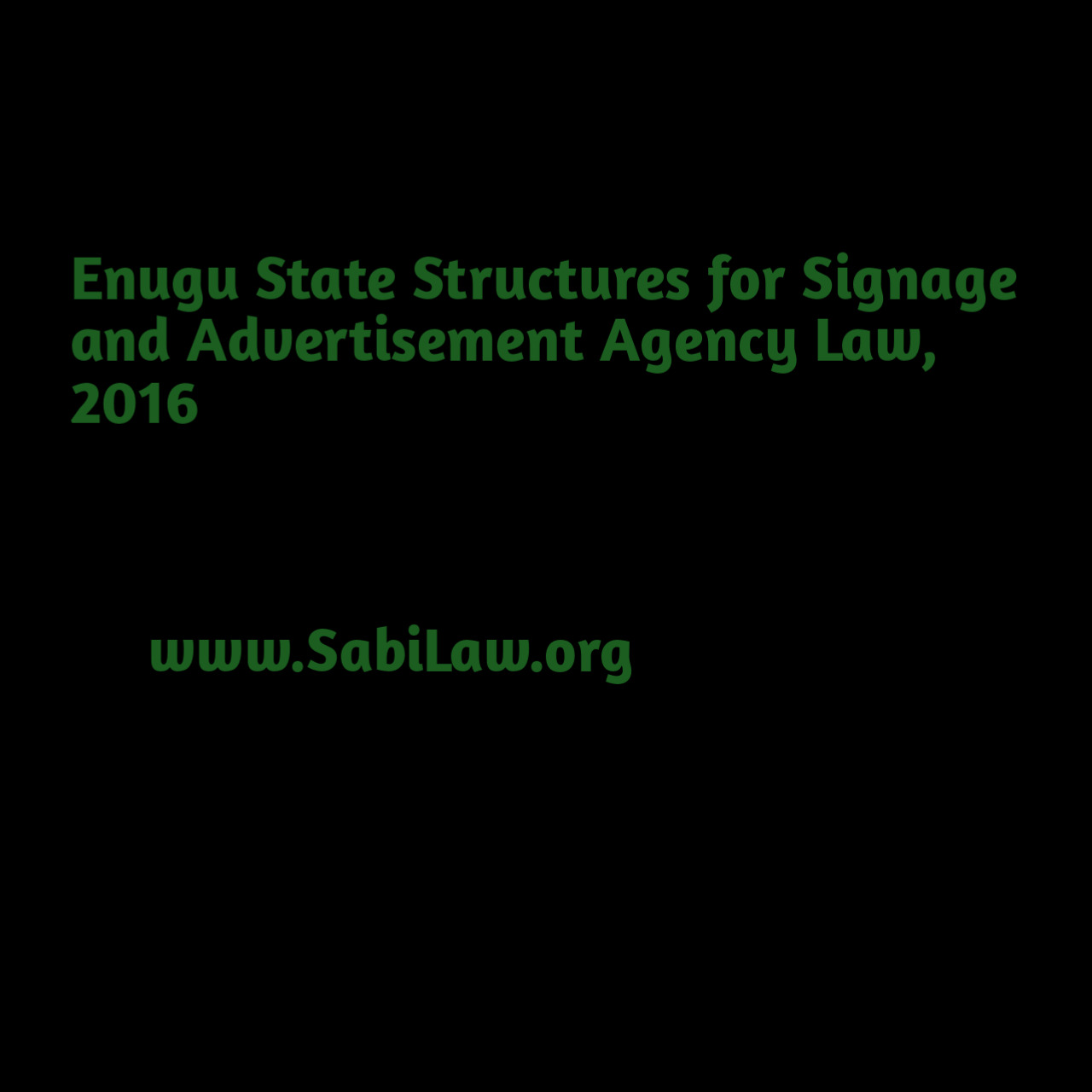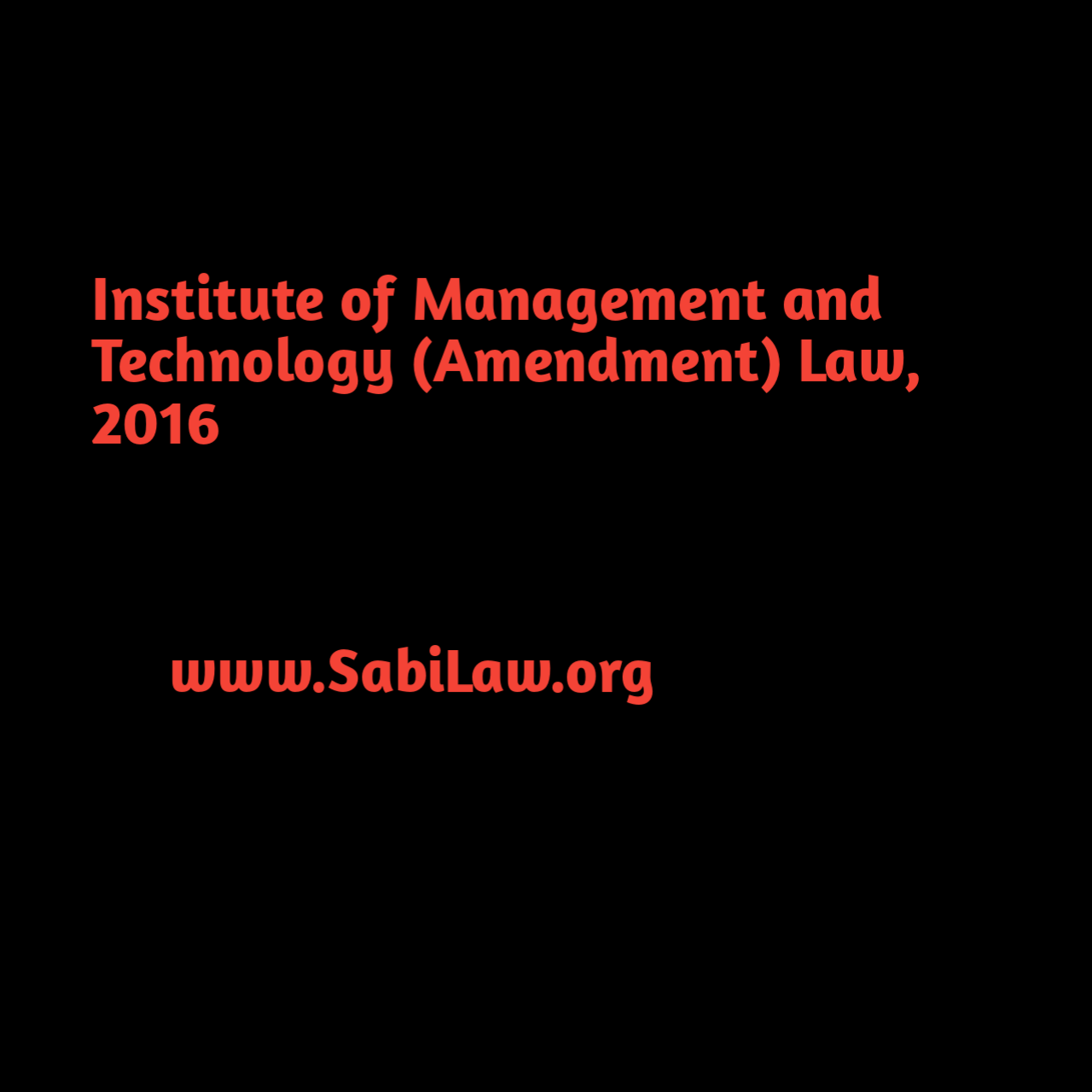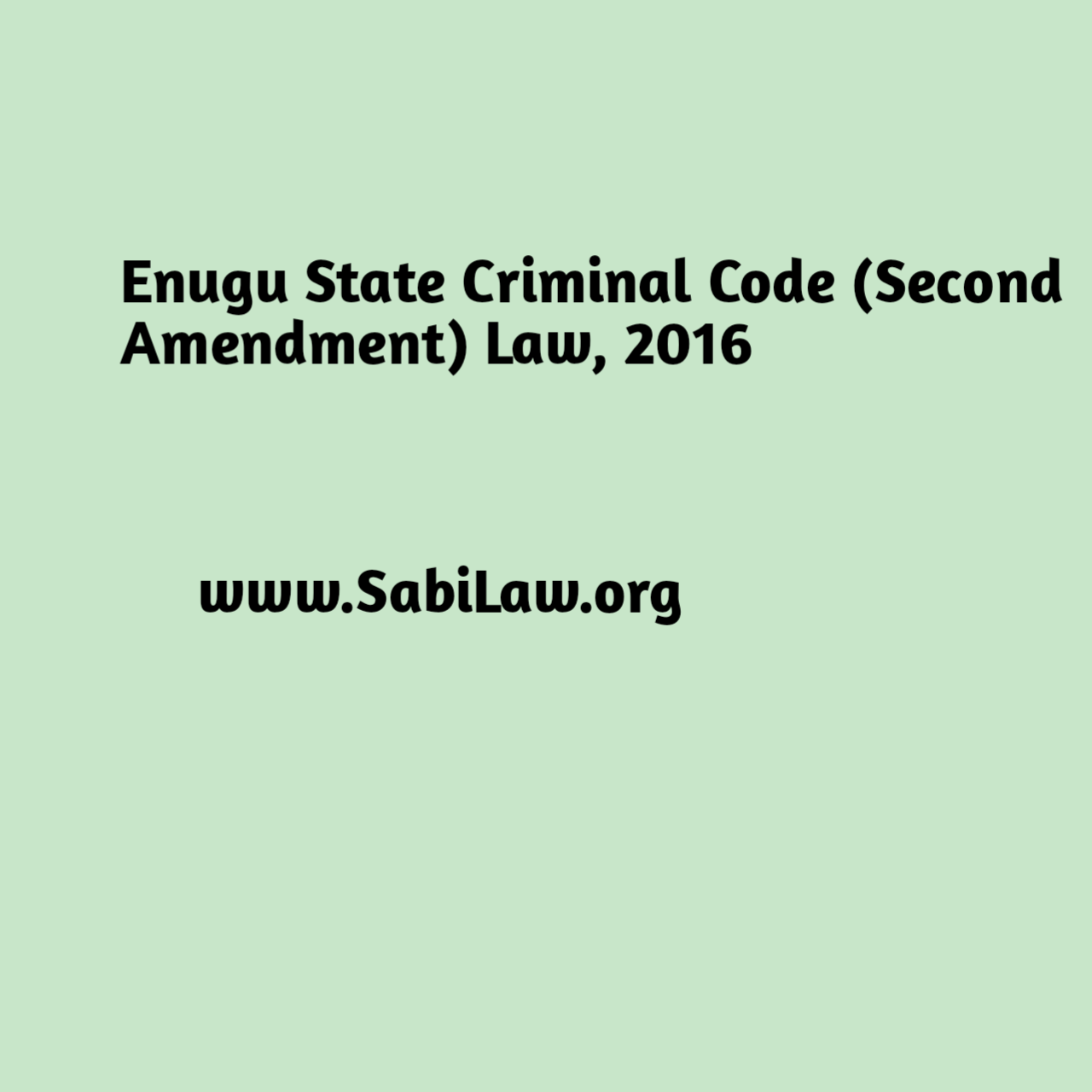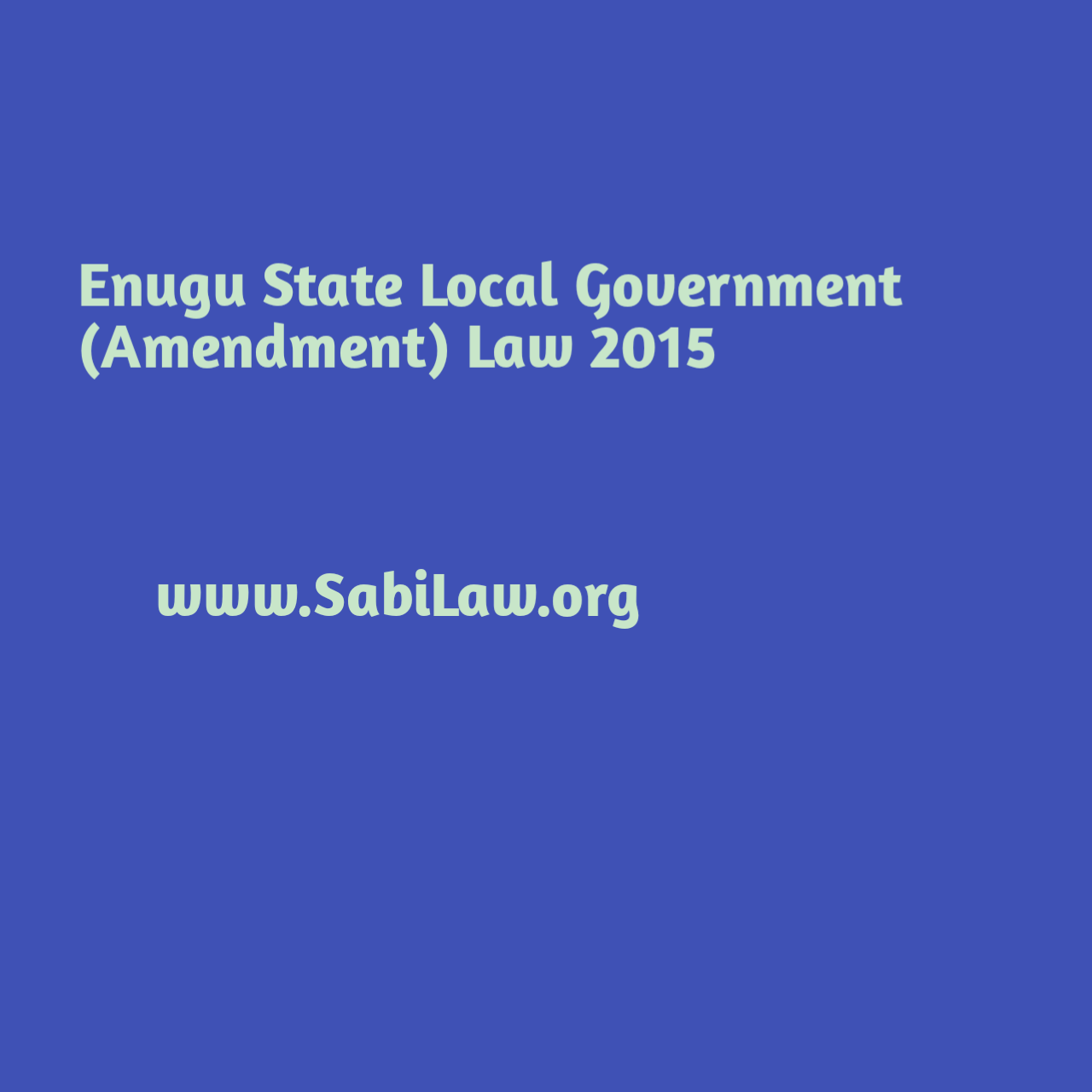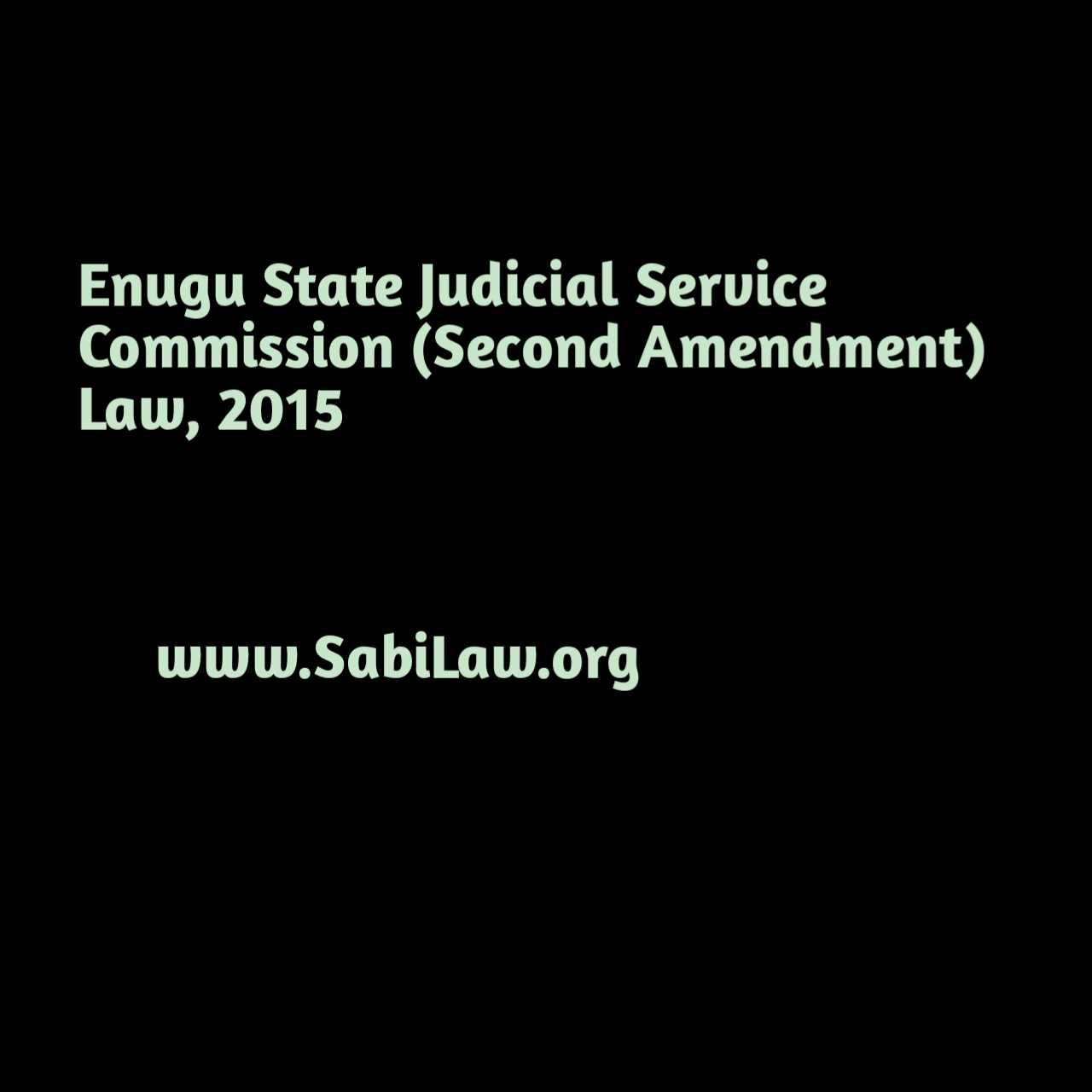CONTENTS OF AN AGREEMENT (CONTRACT)
Lawyers are trained to draft and couch agreements professionally; but lawyers are not magicians. When you know the basics of writing agreements, then you can do same as a lawyer would do; it isn’t abracadabra. A contract prepared by a layman is as valid as that prepared by a lawyer.
A contract (agreement) may be oral (word-of-mouth) or written. In cases where oral agreement is to be made, the presence of two or more witnesses is highly recommended. The Court will use the evidence/testimony of witnesses to ascertain an oral agreement. A written agreement is often on a long white “A4”paper size, with colourful font sizes and colours; that is nonsense. An agreement can be written on a cartoon, wall, tissue paper, match box, sugar packet or on anything that can accept marks and can be written on. With the new Evidence Act 2011, written agreements can be made through exchange of mobile phone text messages, emails, blackberry pings, yahoo chats, 2go and other electronic devices and platforms. A written agreement is better than an oral agreement because the intention of the parties (i.e., the persons in the contract) is easily known, unambiguous, simple and ascertainable unlike in the case of an oral agreement.
Please, take Notice that there are certain agreements (contracts) that the law has stated that must be in writing. Example 1: any agreement between a tenant and his landlord, allowing the tenant to repair the house on behalf of his landlord MUST be in writing. Any tenant that repairs his landlord’s house without a written agreement to such has just lost his money because no court will hold otherwise. Example 2: Land transaction (sale of land, sale of property, transfer of ownership, a lease for a term more than 3 years,) must be made in writing. An oral agreement on transfer of land is not enforceable in court (i.e., no court will implement such oral agreement). Please note further that, land transactions made over land in villages (Customary Land) need not be in writing because writing is alien to customary law. Oral agreement before witnesses, payment of purchase price and drinking of palm wine etc. are sufficient rites for a customary land transaction. Other agreements that MUST be in writing are; undertakings, contracts of guarantee, hire-purchase and transfer of company shares agreement. Once a contract is to be written, let it contain all the intentions of the parties because only written words in the agreement will be enforceable and honoured in court. Where there is a written agreement, the court will never allow an oral evidence to be given.
A written agreement ought to contain the NAMES, ADDRESSES of the parties (the persons contracting); where there is a guarantor (person standing surety for another) the NAME, ADDRESS and OCCUPATION of the guarantor must be included too; DATE of the agreement, the TERMS and CONDITIONS (the “Dos” and “Don’ts”) of the agreement, SIGNATURES/FINGER THUMB PRINTS of the Parties (the persons contracting), and finally the NAMES, ADDRESSES, OCCUPATION and SIGNATURES of witnesses to the agreement (Persons before whom the agreement was signed by the parties). Where the parties desire their agreement to be by a DEED let them add the phrase; “Signed, Sealed and Delivered” just before they sign. In my legal practise, I personally advise parties to number and sign all pages of their contract papers to avoid insertion or removal of pages of contract by mischievous parties. To prompt admissibility (acceptance) of an agreement in court, parties are to purchase post office stamps and affix them on the copies of the written agreement. The stamp can be affixed on any part of the agreement. A written agreement without a stamp cannot be tendered in court. See Stamp Duties Act 2004.
Where any of the parties to an agreement is an illiterate, he/she must be protected as provided in our laws; Illiterates Protection Laws. Such an agreement must contain a “Jurat”. A Jurat is an undertaking to be signed be person (Interpreter) other than the parties to the agreement, stating that he/she had read and interpreted the agreement to the illiterate in the language of the illiterate, and that the illiterate appears to have understood it all. This is one of the special contracts, which must be made before a Notary Public or a Commission of Oath.












































